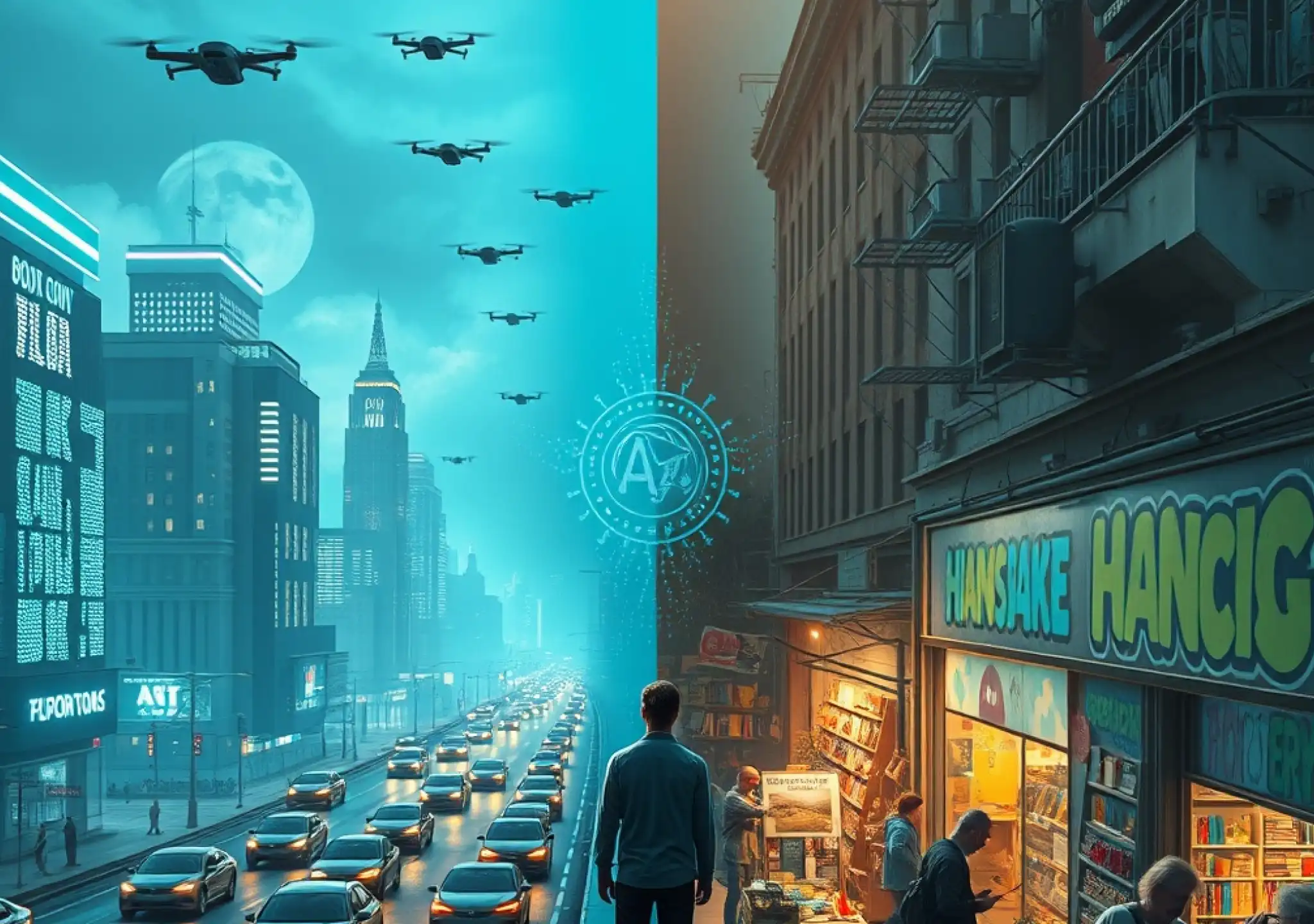Accepting a certain level of disorder may be essential if we want to keep innovation and unexpected discovery alive.
In game theory, the “price of anarchy” refers to how individuals pursuing their own interests within a system can cause the system to function less effectively. This principle is not just theoretical—it plays out daily in various real-world situations.
Take urban traffic as an example. A city planner has two main strategies: one is a centralized method that looks at the system as a whole, pinpoints problem areas, and implements solutions; the other relies on drivers making independent choices, assuming that their collective decisions will lead to efficiency. Unsurprisingly, the centralized model often yields better results, as it lowers the cost of anarchy by utilizing all available data.
The Cost of Order
We are living in an era dominated by data. In 2015 alone, humanity produced as much information as in the entirety of prior human history. Each message sent, purchase made, or call placed adds to a growing reservoir of digital footprints. We are inching closer to what writer Italo Calvino once described as the “memory of the world”—a digital replica of our physical existence.
As the Internet of Things continues to integrate into everyday life, the urge to use big data to eliminate inefficiencies—or anarchy—will intensify. A well-known example is how Amazon suggests books. With detailed user data like purchase history, page highlights, and browsing behavior, Amazon predicts and recommends what a customer might want next. This is centralized artificial intelligence in action, drawing on past behavior to shape future decisions.
But this efficiency comes at a cost. Some of the most enriching experiences come not from well-calculated suggestions, but from unexpected discoveries. The book that has the deepest impact might be the one that doesn’t align with previous patterns. Optimized recommendations can create echo chambers where exploration and surprise are stifled.
Impacts on Innovation and Freedom
This logic extends beyond shopping into how our cities and societies are managed. Algorithms now oversee public services—from waste management and public transit to electricity grids and traffic flow. Cities such as Rio de Janeiro operate command centers where real-time data helps streamline urban life.
While such systems can make cities more efficient, there’s a deeper risk: as data algorithms take over decision-making, we may inadvertently suppress creativity and democratic processes. Innovation often comes from the unpredictable—from individuals thinking outside the norm. However, algorithmic solutions typically rely on set frameworks that may overlook radical or groundbreaking ideas.
A touch of randomness in life fosters unexpected insights and breakthroughs. In fact, randomness is fundamental to evolution itself. If life had relied on algorithms to eliminate genetic variation, complex organisms might never have evolved.
By embracing decentralized decision-making, we enable human and machine intelligence to grow together in a balanced, co-evolutionary process. While it might reduce short-term efficiency, it supports a more adaptive, imaginative, and enduring society.
In the end, accepting a certain “price of anarchy” may be the only way to safeguard the kind of open-ended discovery that drives true progress.

